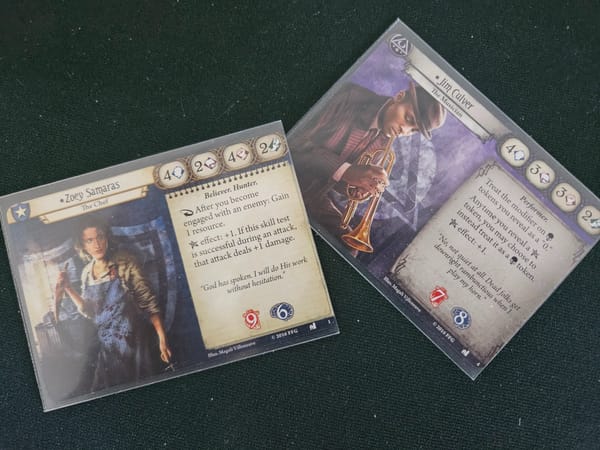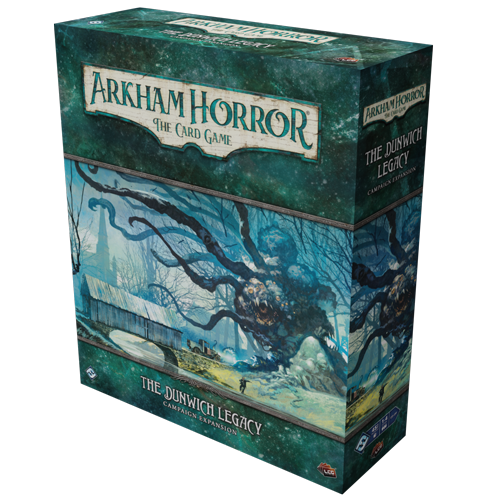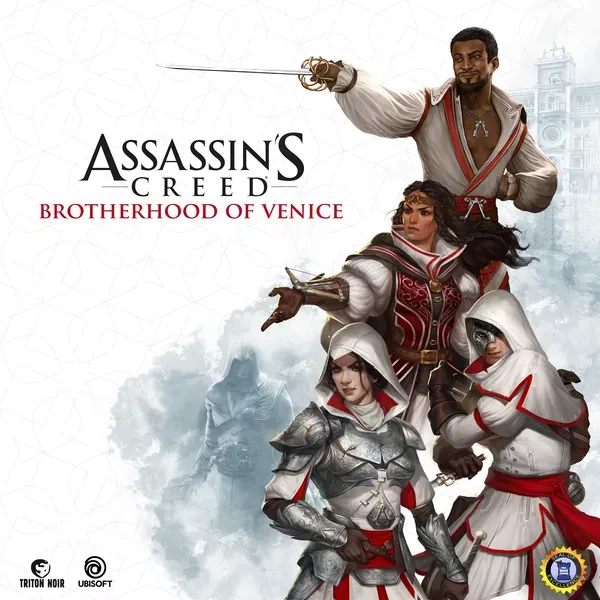Player-centric RPG - Intro
Introducing a miniseries on how I run my TTRPG sessions, in a player-centric way.

This is the first part of a miniseries presenting my way of running an RPG session or campaign. While there is no right or wrong way to play an RPG, I hope you find this useful in helping you run your own games.
Keep in mind that what works for my friends and I might not work for you. I prefer lighter rules games as I dislike being bogged down by mechanics and I consider that regularly consulting a rulebook interrupts the game flow. I also prefer relying on the Theater of the Mind rather than a grid-based map to represent interactions with the world. Theater is simply a fancy way to say that I describe as much as I can the situation, the environment, the people involved and let the player imagine what it looks like. I might draw a quick diagram to clarify a point, but usually nothing more than that. I also do not play RPG online, we all sit around a table like the "old" persons we are. If you're not in this situation, my tricks and tips won't work for you. We might also have different goals. I play these games to have fun with my friends and hopefully create memorable moments we'll reminisce about down the road. If your goals, this might not be suitable for you either.
As the Storyteller (or Dungeon Master, or Game Master), I try as much as possible to be as player-centric as possible in my deliveries. This expression is absolutely not elegant, but I think a useful summary. It means the players are at the heart and center of the game. Their characters are the main protagonists of the story, not the villain, not any other character they might encounter. We are creating a story from their perspective.
We. That's an important word here. I believe RPGs are a collaborative creative effort from everyone involved. This is not about one person, the Storyteller, creating a story while another group, the Players, get to experience this story. Everyone should be contributing to the story. The Storyteller obviously has an important task in managing the world and a multitude of characters. The Players should not passively see events by these characters unfold, they should be active in reacting to them or even creating them. Players have agency, their actions should be impactful, their ideas should be as valid as the Storyteller's in explaining the world.
How do we accomplish this? That's what I will be trying to expand upon in this miniseries, with more in depth articles on themes such as:
- Your default answer should be YES.
- Be the world, not the story.
- The art of active listening.
- Storyteller: an arbiter, not a tyrant.
- Rules can be broken.
I hope you join me in the miniseries. You are welcome to leave a comment* below telling me how you run your games.
*You will need to register to the website to leave a comment. That's the least I can do to fight bots.



